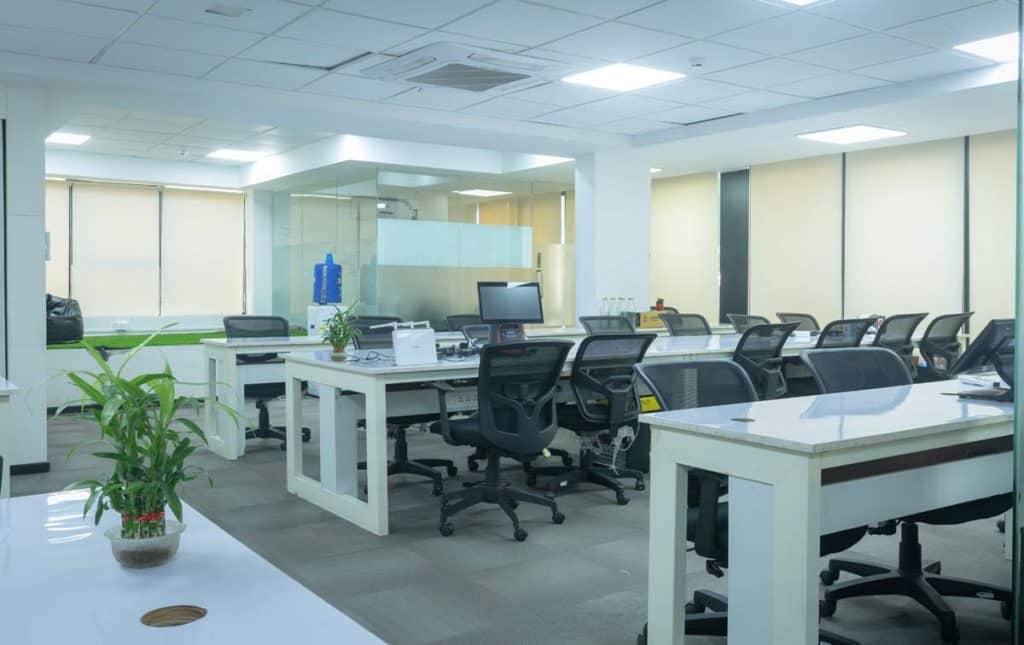In a world where everything is going digital, virtual offices are becoming more popular among businesses of all sizes. Despite their growing prevalence, several myths and misconceptions persist about virtual offices. This article aims to debunk these myths and shed light on the realities of virtual offices.
Myth 1: Virtual Offices Are Only for Startups and Small Businesses

Multinational corporations often use virtual offices to establish a presence in new markets without the need for a physical office. This allows them to test the waters and expand their global reach more efficiently.
Myth 2: Virtual Offices Lack Professionalism
Another prevalent myth is that virtual offices lack the professionalism of traditional office spaces. In reality, a virtual office Manchester can provide a high level of professionalism, often offering prestigious business addresses in prime locations.
These addresses can be used on business cards, websites, and marketing materials, enhancing the company’s image. Additionally, virtual offices offer services like mail handling, phone answering, and meeting room access, ensuring that businesses maintain a professional appearance and operation.
Myth 3: Virtual Offices Are Unproductive

However, studies have shown that remote work can actually improve productivity. Employees in virtual offices often have the flexibility to work during their most productive hours and in environments where they feel most comfortable.
Moreover, virtual offices leverage technology to facilitate communication and collaboration, ensuring that teams remain connected and productive.
Myth 4: Virtual Offices Are Expensive
There is a misconception that virtual offices are costly, especially when considering the added services like mail handling and call answering. In fact, virtual offices are typically much more affordable than traditional office spaces.
They eliminate the need for commuting, reduce overhead costs associated with maintaining a physical office, and allow businesses to scale up or down as needed. This cost-effectiveness makes virtual offices an attractive option for businesses looking to optimize their expenses.
Myth 5: Virtual Offices Are Impersonal

Tools like video conferencing, instant messaging, and collaborative platforms enable employees to stay connected and engaged. Many virtual office providers also offer coworking spaces and networking events, allowing employees to interact face-to-face when needed.
This hybrid approach can balance the flexibility of remote work with the benefits of personal interaction.
Myth 6: Virtual Offices Are Only a Temporary Solution
Some believe that virtual offices are only a short-term solution until a business can afford a physical office. However, many businesses choose to operate virtually for the long term because of the advantages it brings.
The flexibility, cost savings, and global reach provided by virtual offices make them a viable long-term strategy for many companies.
